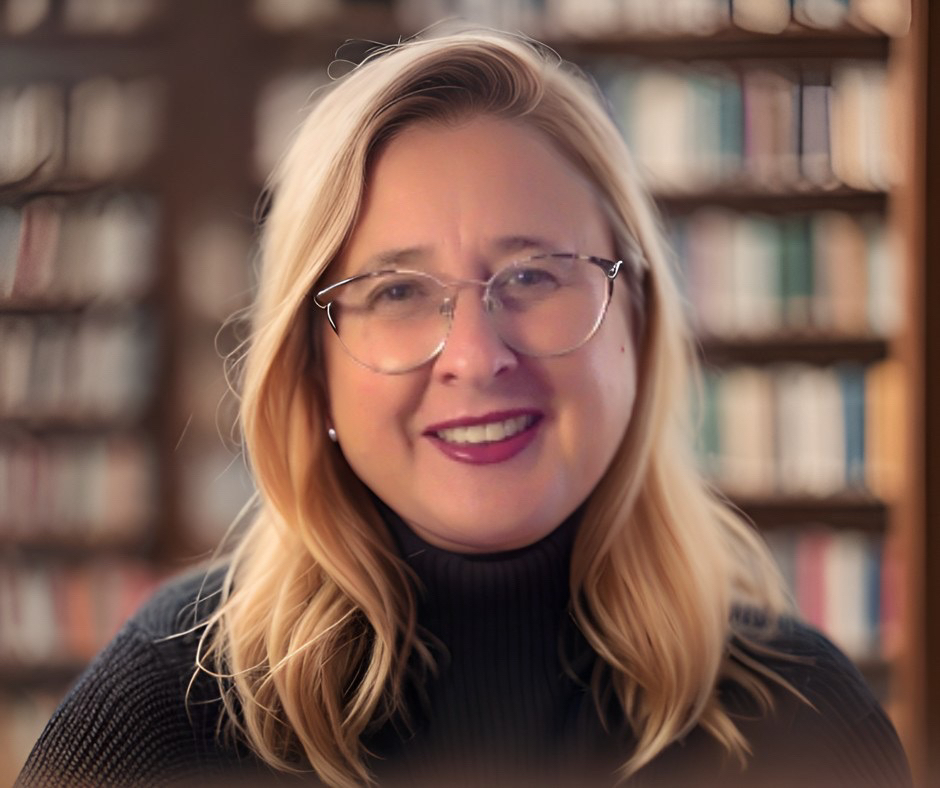Understanding Auditory Processing Disorder: A Path to Empowerment
- Monique Peters

- Oct 28, 2025
- 3 min read
Updated: Jan 31
If a child hears words, does it mean they understand those words?
Sarah sits at the kitchen table, watching her son stare at the homework sheet in front of him. She knows he’s trying, but she can also see the frustration building behind his eyes. She’s explained the same instructions three times already, and each time, he’s nodded… but the words just don’t seem to “land.”
This moment is familiar for many families. Why isn’t this sticking? For some children, the answer isn’t about intelligence or effort at all. It’s about how their brain processes sound — a hidden difficulty known as auditory processing disorder (APD).
The Language Chain — and Where It Breaks
We often think of language as something we hear and understand effortlessly. But in reality, it’s built on a chain of four interconnected skills: listening, speaking, reading, and writing.
For a child with APD, the listening link in that chain is fragile. The ears work perfectly well, but the brain has trouble making sense of the sounds it receives. It’s a bit like listening to a fuzzy radio signal — words blur together, and meaning gets lost in the noise.
When listening is shaky, speaking can become less clear too. Children may mishear words and then repeat them inaccurately, or they may struggle to find the right words when speaking.
Then comes reading, which relies heavily on hearing and distinguishing sounds — the building blocks of phonics. Many children with APD also experience dyslexia or similar language delays because their brains find it harder to map sounds to letters.
Finally, writing — the most complex of all language tasks — becomes a mountain to climb when the foundation is wobbly. Organising thoughts into sentences is hard when understanding language itself takes so much extra effort.
The Ripple Effect — Academic, Social and Emotional
When a child spends their day working twice as hard just to understand what’s being said, it doesn’t just affect their learning. It affects everything.
In the classroom, children with APD can easily fall behind despite their intelligence and effort. They may get labelled as “distracted,” “lazy,” or “unmotivated,” when in reality, they’re exhausted.
Socially, misunderstandings pile up. A missed word here, a confused expression there — and before long, some children retreat or are unfairly left out. Bullying can creep in, confidence can sink, and what started as an auditory processing issue begins to shape how they see themselves in the world.
Emotionally, this can lead to frustration, anxiety, or feelings of shame. And for parents like Sarah, it can bring a deep ache of helplessness.
What Neuroscience Now Shows Us
For years, APD was poorly understood. But thanks to advances in brain imaging and neuroscience, we now know so much more.
Researchers like Stanislas Dehaene have shown how the brain learns to read — and how language processing is a foundation, not an afterthought. The Brain That Changes Itself introduced the world to the incredible concept of neuroplasticity: the brain can change and strengthen at any age when given the right kind of stimulation.
The Science of Reading and Science of Learning movements are reshaping classrooms in Australia and beyond, shifting away from “just try harder” approaches to ones that address how the brain actually learns.
We also know that auditory processing plays a major role in dyslexia and language delays. These aren’t separate issues—they often overlap, sharing the same neural pathways.
Rewiring the Brain — One Step at a Time
Here’s the good news: if the brain can get stuck, it can also get unstuck.
At Learnerobics, we use Fast ForWord, a neuroscience-based program developed to strengthen auditory processing speed, memory, sequencing, and attention. It’s not tutoring or rote practice — it’s targeted brain exercise designed to make language clearer and learning easier.
But we also know families need support, not just software. That’s why we coach parents through the journey — helping them understand resistance, celebrate progress, and give their child the scaffolding they need to succeed.
You’re Not Alone
If Sarah’s story sounds familiar, you’re not imagining things — and your child is not broken. When we support the brain’s language foundation, everything built on top of it can finally start to grow.
If any of this resonates with you, please book a free chat on the link below. Together, we can help your child feel confident, connected, and ready to learn.

Comments